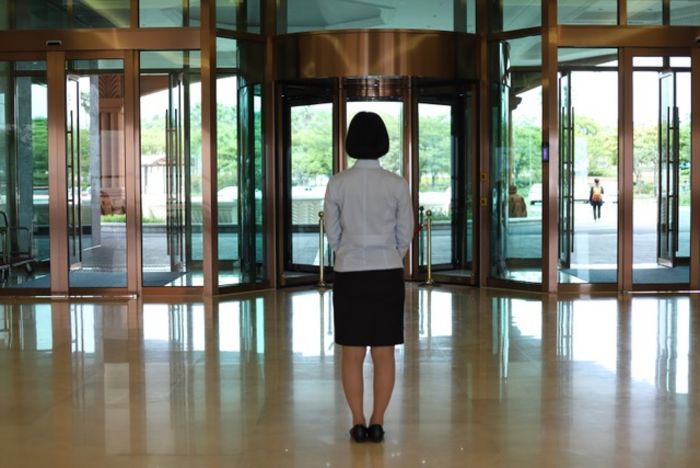Until about half a year ago, travel and tourism supported one in ten jobs worldwide. One third of these 330 million jobs may be lost in the Covid-19 crisis, including many positions occupied by migrant workers. Far from their homes, many migrants are faced with serious difficulties during the pandemic. To better understand their situation and identify solutions we interviewed Christiane Kuptsch, Senior Specialist in Migration Policy at the International Labour Organisation (ILO) in Geneva.
TW: Why does the tourism sector in particular employ so many migrants?
Christiane Kuptsch: Indeed, the tourism sector is one of the economic sectors where numerous migrant workers are employed. ILO research has shown that migrant workers in the hotel industry are recognized to bring a skills profile that is frequently unavailable in the local labour market, and they are perceived as being particularly committed. In some countries, they are significantly over-qualified for the working roles that they play in tourism and they are disproportionately likely to remain in lower paid positions. Hence, one could conclude that they are sought-after as a source of cheap labour.
However, one must keep in mind that the experience of migrant workers in the sector varies greatly according to country, culture and context. Some observers see a ‘North-South’ divide in the roles and responsibilities of migrant employees in this sector, with those from poorer countries working at the lower skills end of the workforce spectrum and those from developed countries taking senior managerial and technical positions.
TW: Why are migrant workers particularly vulnerable and how does the Covid-19 crisis affect them?
Christiane Kuptsch: The tourism industry employs migrants in various functions, and they work under various types of contracts and have different immigration statuses. Many countries, whether developed or developing, pursue “welcome-the-skilled-and-rotate-the-unskilled-policies”, so that a highly skilled hotel manager is likely to have a permanent immigration status and an employment contract providing for a decent salary and social protection whereas a room maid may only have a temporary employment permit and may not even benefit from minimum wage regulations. Not all migrants are equally vulnerable. Particular vulnerabilities exist where people are tied to their employer, so that they lose the right to stay in their host country when their employer fires them. In order not to lose their job, they might accept abuses, particularly if they incurred debts to finance their migration. The situation might be aggravated if their destination country offers no redress mechanisms where they can complain about employers’ misconduct and/or they cannot reach out to trade unions to defend them.
The COVID-19 pandemic has exposed that many migrants depend on the goodwill of their individual employers with regard to occupational safety and health, and their accommodation conditions as well. Much depends on how individual employers stick to the regulations. Numerous employers do observe the new safety and sanitary regulations and sometimes face considerable extra costs in doing so, while others do not observe these regulations. They are unfair competition to their peers. It is often only through labour inspections that abuses come to light but, unfortunately, many countries do not have enough capacities in this area.
TW: How does the “work or lose your income” dilemma affect migrant workers in particular?
Christiane Kuptsch: This is of course a dilemma for many people, but for migrant workers in particular. Generally, they are the first ones to be fired or lose their jobs. Migrant workers almost everywhere are among those who have very little savings, often because they remit so much home. They never stock up the money themselves for their dire times, but it is always sent to families and to support a whole lot of people back home. Migrant workers are also particularly affected because a lot of them are employed in non-standards forms of employment and earn less than average. The tourism sector is known for its high incidence of informal working arrangements, therefore the “work or lose your income dilemma” is definitely present in this sector. This means that migrants are exposed to more than average health risks and that they have large incentives to even work while they are sick.
TW: What can and should governments and the tourism industry do to better protect and support migrant workers during the pandemic?
Christiane Kuptsch: Often, migrant workers are excluded from wage subsidies, unemployment benefits and other social security benefits that are being put in place as a national response to the COVID-19 pandemic. This is a serious problem. Migrants must be included in national responses to the pandemic. Above all, situations should be avoided where migrants get trapped in irregular situations because they cannot travel back, e.g. via the extension of their visas or work permits. Especially during these challenging times governments and industry should ensure equality of treatment between local and migrant workers – this is what the ILO stands for and is committed to at all times.


